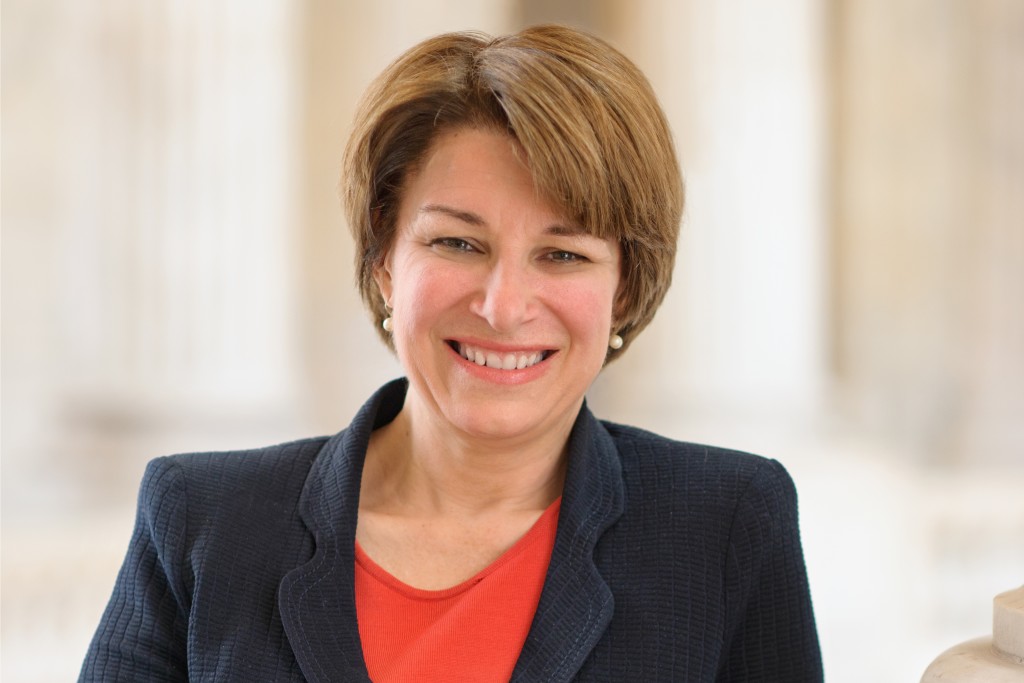
Photo courtesy of Photos by United States Senate, Wikipedia
Since the 2016 presidential election, there has been a greater concern over the security of the country's election system. The fear is that there is a greater chance of undue influence on the 2020 United States presidential plection because of Russia's influence during that election cycle.
Due to this, for the last several months, Democrats have tried to increase election security funding in order to thwart these threats before they become apparent. These attempts have been mostly shut down by Republicans in the Senate.
Sponsored by Sen. Amy Klobuchar (D-Minn.), the bill looks to prohibit foreign entities being able to purchase ads.
"There are many other bills that I'll come back and discuss in the next few weeks which would help on foreign influence in our elections, but today I want to focus on this one because election security is national security, and it's well past time we take action," Klobuchar said.
Though not entirely, Republicans did increase election security funding by $250 million. Democrats have insisted that this amount is not nearly enough. They want to increase funding by an additional $350 million to further clampdown the security of the election.
Last Wednesday, three Democrats pushed forward a unanimous vote to try to push this through, only to be blocked by Sen. John Kennedy (R-La). This vote was canceled by a Republican senator.
This back and forth is quickly becoming a wedge issue for Democrats who point at Republicans who are refusing to vote for the increased funding. To the Democrats who acknowledge that the Russians interfered in the 2016 elections, they say that the lack of funding can put our country in danger to not only Russia but to other countries who may attempt the same thing: influencing the 2020 election.
Republicans primarily view this as a waste of time and money. Election security funding has been increased several times over the last few years, with funding for the 2018 election cycle being $350 million dollars. Further increases would serve little benefit as there was not undue foreign influence that was making itself apparent during that election cycle.
While it seems unlikely that greater funding will occur, one thing is to be certain of is that Democrats will bring this up as debate points versus Republicans. Democrats are going to question whether or not Republicans want true security in the country's elections.
This talking point will most likely continue making itself prevalent until either more election funding is secured or until Democrats get enough Senate seats to secure election funding.
The need for increased election security funding should be made apparent, but enforcement of existing laws should absolutely be done. The combination of the two would allow for greater security when it comes to safeguarding our election.
mbedell@ramapo.edu






